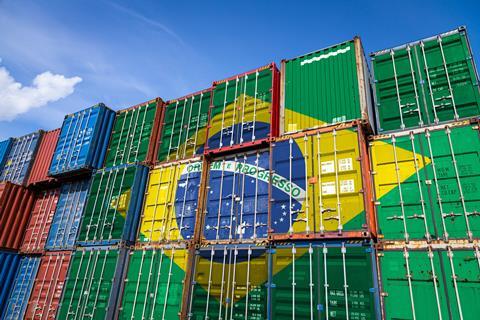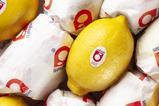Abrafrutas urges US authorities to exclude essential food items from trade dispute measures as mango harvest season approaches, warning of significant impact on producers and consumers

Brazilian association Abrafrutas says exports including fresh mangoes and grapes worth more than US$148mn are at serious risk if the US goes ahead with its plan to impose additional tariffs from the start of August.
Along with processed fruits, the two categories represent around 90 per cent of Brazil’s total fruit exports to the US, and in 2024 they amounted to US$134.9mn.
The total value of Brazilian fruit exports to the US last year was US$148.3mn, equivalent to 12 per cent of the country’s total fruit export revenue.
In terms of volume, the US took approximately 77,000 tonnes, according to the organisation, a figure that corresponded to 7 per cent of the country’s total exports.
As a result, the group said, a significant volume of fruit trade could be lost if the tariffs are introduced, something which would directly affect producers, cooperatives, and the entire logistics chain involved in exports.
High stakes
Brazilian exports to the US in 2024 included: 36,800 tonnes of mangoes, worth US$45.8mn; 18,800 tonnes of processed fruits, worth US$47.5mn; and 13,800 tonnes of grapes, worth US$41.5mn.
Talks continue
Abrafrutas has maintained constant dialogue with the federal government and reinforced the need to exclude food from retaliatory measures, ensuring the continuation of planned exports to the US, a strategic destination for Brazilian fruit production, it said.
With the country’s new mango harvest is due to start in the last week of July, Abrafrutas president Guilherme Coelho said producers and exporters expected the US authorities to adjust their plan given the essential nature of food.
“We are firmly urging the United States to remove food from the tariff list, as it is an essential item for human survival,” he said. “We believe that food cannot be included in trade disputes of this nature.”
He added: “If the tariffs are maintained, our producers will suffer significant losses, the Brazilian population may feel the effects through rising unemployment in producing regions, and American consumers will end up paying more for healthy products like Brazilian fruits.”











